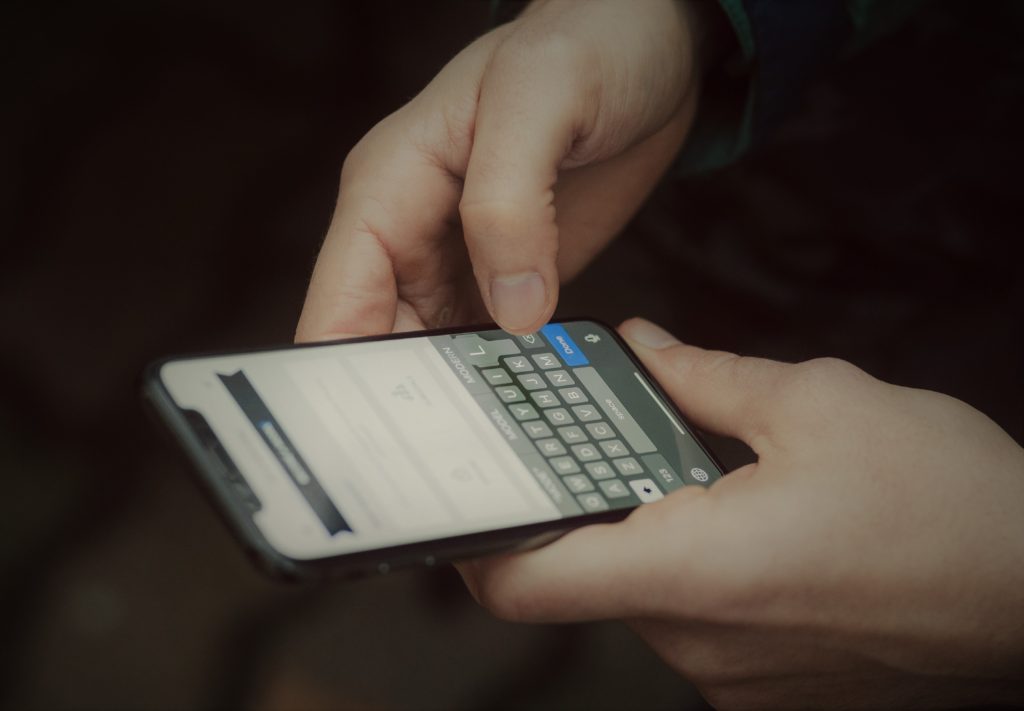
Smart phones contain an overwhelming amount of private information. Not surprisingly, they can often contain a great deal of evidence when connected to a crime. In addition to texts, e-mails, and web searches, they are also tracking devices. Law enforcement can obtain warrants for Cell Site Location Information (CSLI) to know the whereabouts of a suspect. In a recent murder case, the entire matter hinged on that very information.
William Phillip was convicted of first-degree murder based almost solely on CSLI evidence. He was suspected of traveling from Portland, Oregon to Auburn, Washington to do the deed. The motive was to kill the third party in a love triangle. There was little evidence connecting Phillip to the murder, but police did find flirtatious texts with the woman at the center of the controversy. Phillip lived in Portland. The male victim lived in Auburn with the femme fatale. She also lived part-time in Portland, where she worked. CSLI could quite conceivably place Phillip in Auburn at the time of the victim’s murder
Big Brother Wants Your Cell Records
Auburn police obtained a warrant for Phillip’s CLSI information. The hunch hit the forensic jackpot: Phillip’s cell was proven to be “travelling” from Portland to Auburn and stayed there during the time when it was believed the victim was killed.
However, the Appeals Court reversed Phillip’s conviction, holding there was an insufficient factual basis to obtain the warrant. The affidavit for the warrant merely described the crime scene, that the victim and the woman were in a relationship, and the woman continued to speak to Phillip, described as a “previous boyfriend”. Not enough to expect that evidence of a murder would be found in Phillip’s CSLI records.
The State was quite intent on prosecuting Phillip. On retrial, the State used the same affidavits to get a subpoena duces tecum for the same CSLI records, believing a warrant was not necessary. The State believed there was a lower expectation of privacy for such records. The trial judge granted the subpoena, and the defense immediately appealed.
The court of appeals agreed with the defense, relying upon the recent U.S. Supreme Court case of Carpenter v. U.S., which held CSLI records “provide an intimate window into a person’s life, revealing not only his particular moments, but through them his familiar, political, professional, religious and sexual associations. Carpenter, 138S.Cr.2206, 2217(2018). The State tried, unsuccessfully, to draw a distinction between “cell tower records” versus personal cell phone records. The CSLI records are not admissible as evidence against Phillip.
Stay tuned regarding whether the State concedes that it cannot go forward on its murder prosecution without the cell phone records.
